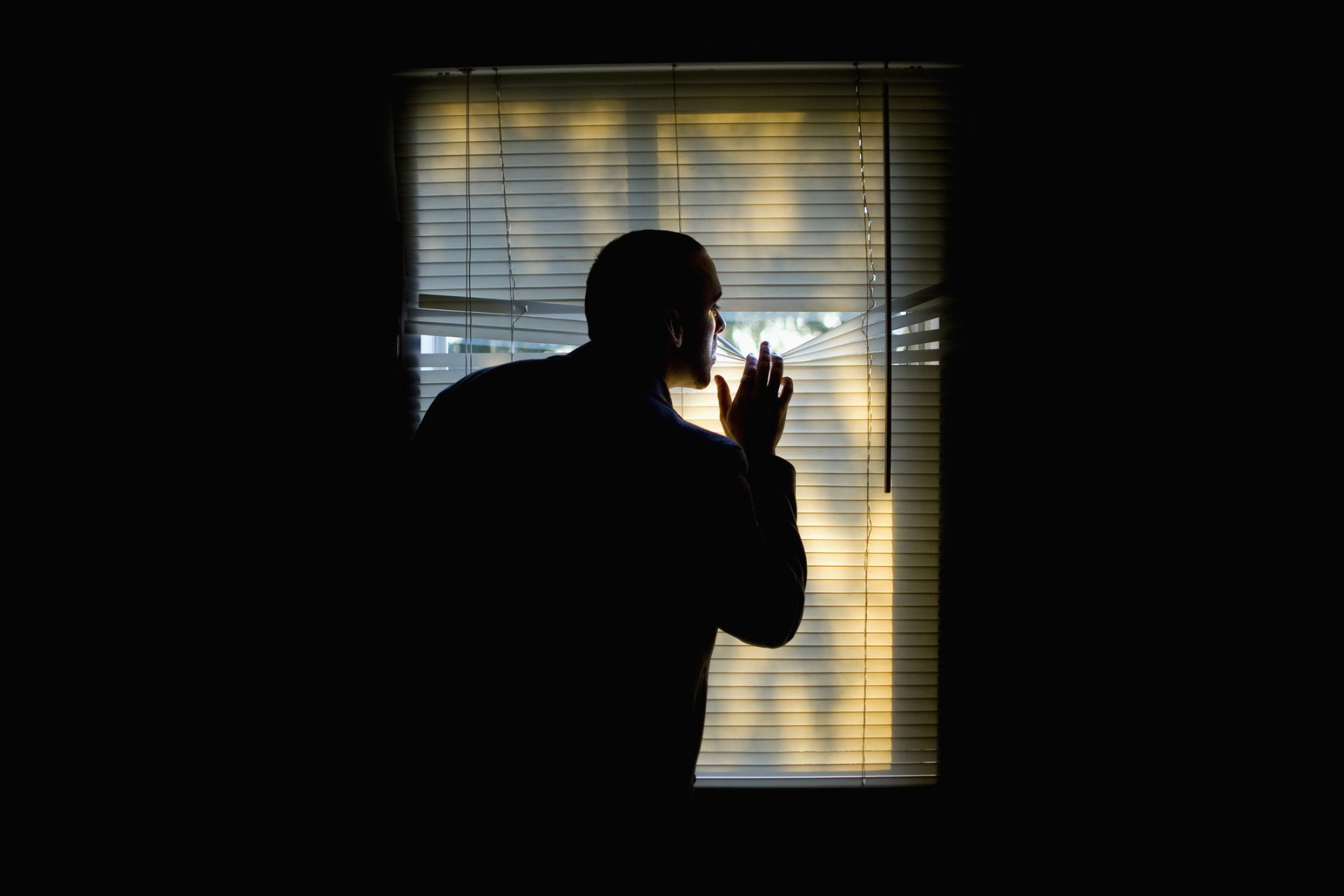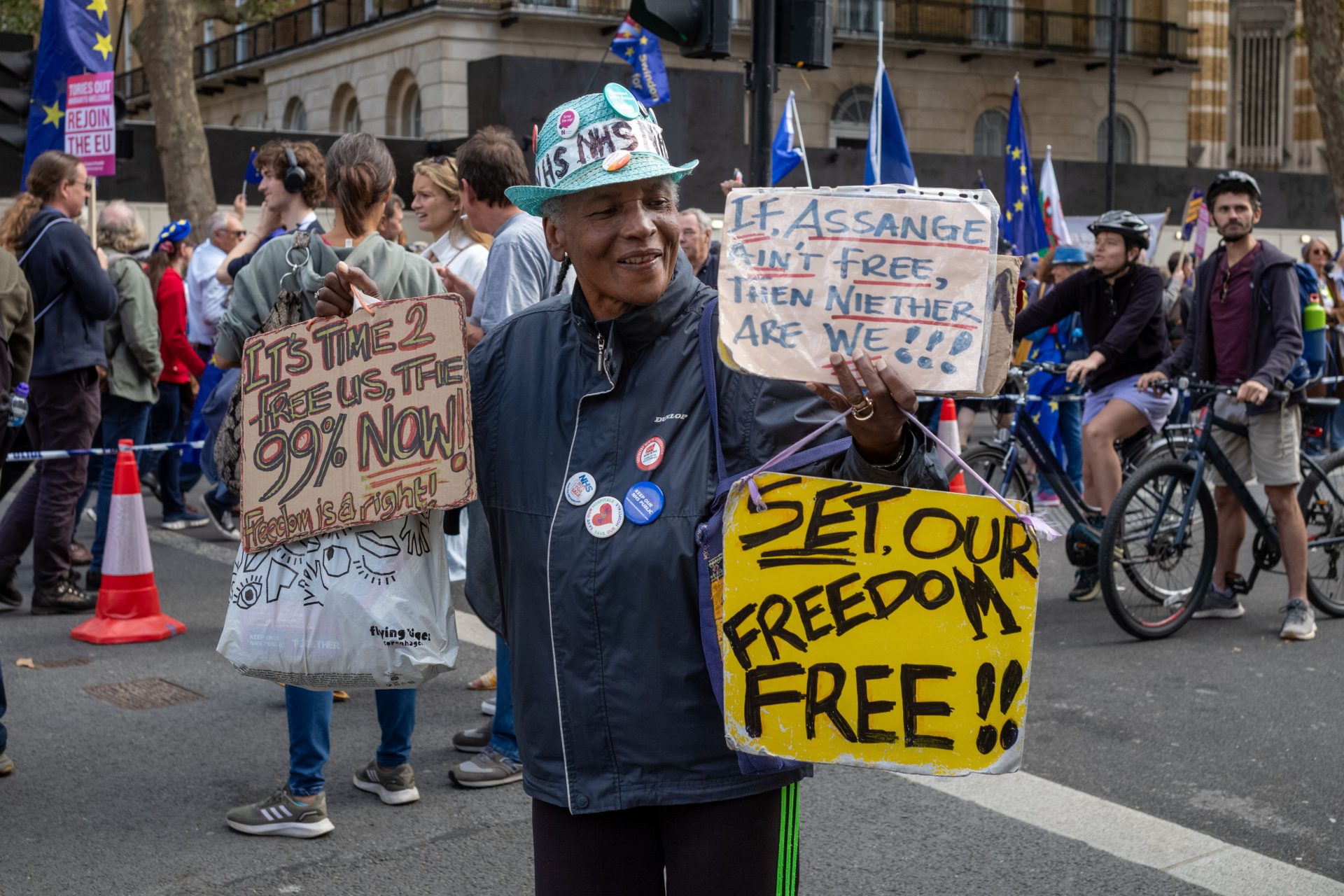New research finds two weird things can predict belief in conspiracy theories
A new study has provided some very interesting insights into the psychological factors that impact conspiratorial thinking in some individuals. Two problems play a major role in predicting who could become believers in conspiracy theories.
Published in the Journal of Individual Differences, the study’s researchers found most of the people who believed in ‘conspiracy theories’ that they studied had two predictors in common, and it wasn’t the one that seemed obvious.
PsyPost’s Eric Dolan explained in his review of the study that conspiracy theorists are often thought of as people who are isolated from other individuals and usually portrayed as reclusive figures wearing tinfoil hats. But that isn’t the case.
Researchers in this most recent look at conspiratorial beliefs discovered that simple isolation was not the main predictor of one’s willingness to engage in conspiratorial thinking but rather existential isolation and alienation were the strong predictors.
Dolan described existential isolation as the “sensation of feeling alone in one’s experiences” and it differs from being isolated from one’s peers because those dealing with the experience feel as if no one “shares or can understand their view of the world.”
This unique type of isolation was strongly linked to conspiratorial thinking, which Dolan suggested could mean that individuals who feel “profoundly disconnected” from the world may turn to conspiracy theories to manage their experiences.
Alienation in the context of the study was defined by Dolan as the feeling of being left behind by society or marginalized and it also was a strong predictor of whether or not a person was likely to engage in conspiratorial thinking.
Dolan explained that individuals who are disenfranchised by society or feel like they are outsiders may use conspiracy theories as a way to find a sense of community and purpose through “alternative narratives that defy mainstream societal explanations.
To make their conclusion, the study’s authors conducted four studies looking at the impact of existential isolation, alienation, and loneliness on conspiratorial ideation with the study’s 2,245 participants recruited mostly from Amazon’s Mechanical Turk online crowdsourcing platform.
In all four studies, participants were asked to Generic Conspiracist Beliefs, which assesses one’s likelihood of endorsing conspiratorial beliefs according to Dolan, and examines everything from “government malfeasance” to “extraterrestrial cover-ups”.
The researchers also controlled for factors like “education level, political orientation, schizotypal personality, need for uniqueness, analytical thinking, and openness to pseudo-profound bull***t” to rule out other confounding variables.
What the researchers were left with was a link image of the link between existential isolation and alienation as predators of conspiratorial ideation. But this wasn’t the most interesting thing aspect of the study.
Study author Madhwa Galgali, a graduate student at the University of Missouri, noted that the study was conducted during the global pandemic at a time when many were isolated but revealed something we hadn’t previously known.
Galgali explained that while the popular press might assume that conspiracy believers are “just lonely people who lacked social relationships” there was very little research on that image of conspiracy theorists.
Photo by Joel Muniz on Unsplash
Little attention had been paid to the role different feelings like existential isolation have played in fostering conspiratorial beliefs in people, which made exploring the topic one of importance, and the discoveries their research made were important.
Photo by Gianfranco Grenar on Unsplash
“In general, our research finds a consistent link between the feeling that one’s subjective understanding of the world is not being heard or understood by those around them (i.e., feeling existentially isolated) and conspiratorial thinking,” Galgali told PsyPost.
Photo by Ethan Sykes on Unsplash
“We also find a strong link between feeling alienated (i.e., feeling ‘left behind’ by the culture or the society in general) and conspiracy thinking. So our research suggests that reducing such feelings of isolation might contribute to reduced conspiracy thinking.” Galgali added.
Photo by Tom Radetzki on Unsplash
More for you
Top Stories






























